May 8, 2024 | 04:56 GMT +7
May 8, 2024 | 04:56 GMT +7
Hotline: 0913.378.918
May 8, 2024 | 04:56 GMT +7
Hotline: 0913.378.918
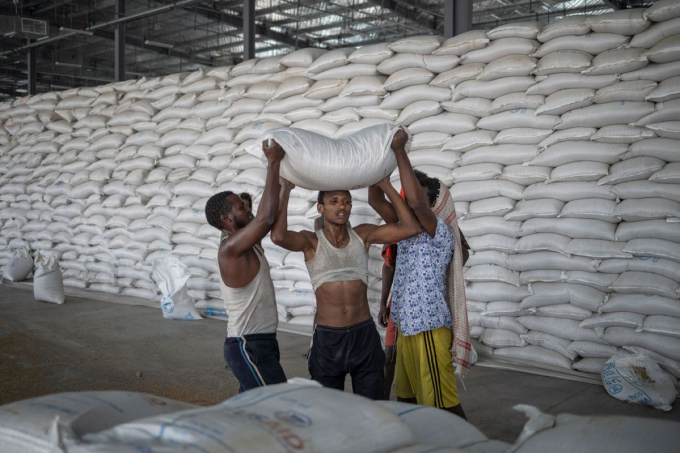
Men help carry a bag of wheat to be loaded on an aid truck in a UN storehouse on the outskirts of Semera, Afar region, Ethiopia, on May 15, 2022. Photo: Agencies
The inflation comes off the back of a pandemic-related economic downturn, which had already pushed debt to the highest levels this century in many developing nations.
In the report, the UN Development Program, or UNDP, said tens of millions have fallen into poverty during the last few months, with countries in the Balkans, the Caspian Sea region, and Sub-Saharan Africa disproportionately affected.
"Unprecedented price surges mean that for many people across the world, the food that they could afford yesterday is no longer attainable today," said UNDP Administrator Achim Steiner. "This cost-of-living crisis is tipping millions of people into poverty and even starvation at breathtaking speed and with that, the threat of increased social unrest grows by the day."
The UN said many of the 150 countries analyzed in the report are unable to solve the problems they face alone, and that multilateral action from the international community will be needed.
The countries facing the most drastic impacts of the crisis are Armenia and Uzbekistan in Central Asia, Burkina Faso, Ghana, Kenya, Rwanda, and Sudan in Africa, Haiti in Latin America, and Pakistan and Sri Lanka in South Asia.
George Molina, who is head of strategic policy engagement at the UNDP and lead author on the report, said identifying the right kind of support is key.
Several countries have responded to gas and oil price hikes with energy subsidies; however Molina said targeted cash transfers have proven a more effective way of helping the world's poorest.
Molina said energy subsidies disproportionately benefit wealthier people, with more than half of the benefits of a universal energy subsidy favoring the richest 20 percent of the population. By contrast, cash transfers mostly go to the poorest 40 percent of the population.
"While blanket energy subsidies may help in the short term, in the longer term they drive inequality," said Molina. "Cash in the hands of the people who are reeling from the astronomical price increases to food and fuel will have a widespread impact in positive ways."
Steiner said that pausing debt repayments is another measure that could offer crucial relief. The COVID-19 pandemic has pushed debt in the developing world to a 50-year high, according to the World Bank.
The authors of the UNDP report said a moratorium on official debt for two years should be considered to assist all developing countries, regardless of GDP per capita.
The latest on Southeast Asia
Just as countries around the world have begun shifting their focus from Covid-19 to post-pandemic recovery, global inflation accelerated by Russia’s invasion of Ukraine and supply chain disruptions have placed economic growth plans in jeopardy. The United Nations finds that prices are now 75 percent higher than pre-pandemic levels, and the World Bank forecasted that food prices will rise by 20 percent before the end of the year. The rise in prices is palpable in Southeast Asia, where the average inflation rate has increased by 3.8 percent from January 2021 to April 2022.
Indonesia and Malaysia have used protectionist policies to blunt the damage caused by rising food and energy costs. The inflation rate in Indonesia has so far remained below Bank Indonesia’s target of 2 to 4 percent. In April, the government prohibited the export of palm oil, widely used for cooking purposes, to ease prices for domestic consumers. But that only shifted the inflation burden abroad. Indonesia supplies 60 percent of the world’s palm oil and the export ban caused the price of edible oils to double in global markets. Indonesia has also provided subsidies for staples such as corn and soybeans.
Malaysia currently has the second lowest inflation rate in the region, at 2.3 percent. Food prices are rising faster, at 4 percent year-over-year. The government in Kuala Lumpur plans to distribute $395 million to low-income households, and Prime Minister Ismail Sabri Yaakob is considering expanding subsidies for cooking oil this year and making fighting inflation a key part of the 2023 budget. Malaysia’s recent ban on live chicken exports to Singapore, which imports 90 percent of its food from abroad and 34 percent of its chicken supply from Malaysia, was immediately felt in the city-state.
Given its reliance on imported goods, Singapore is reeling from the impacts of increased food and fuel costs. Food prices have increased by 4 percent from June 2021 and that rate could double to 8 percent by the end of this year. Its current rate stands at 5.4 percent, 3 percent higher than last year. In response, the government is looking to diversify import sources and subsidize food costs. It recently released a $1.5 billion stimulus package to support businesses and households struggling with inflation.
Vietnam’s capacity for domestic food production has helped it keep inflation and prices relatively low. HSBC has lowered its inflation forecast for Vietnam this year from 3.7 to 3.5 percent, which is below Hanoi’s 4 percent target. Even so, the government is taking action to remain vigilant in the face of global inflation, especially with rising transportation costs.
The Philippines’ inflation rate, 5.4 percent, is the highest in over three years and has already breached the 2 to 4 percent inflation target set by the country’s central bank. Inflation is expected to remain above 5 percent into 2023 as the economy continues to reopen and challenges in the supply chain remain. The soon-to-be inaugurated president, Ferdinand “Bongbong” Marcos, has yet to reveal a detailed economic plan, but his decision to simultaneously serve as secretary of agriculture suggests that he will prioritize addressing rising food prices and insecurity.
Even worse off than the Philippines, Thailand’s inflation rate of 7.1 percent is the highest it has been in 14 years. Prime Minister Prayuth Chan-ocha plans to collect $722 million from a profit-sharing system with oil refiners to continue to fund a fuel subsidy program in the upcoming months.
Inflation has impacted every country in Southeast Asia, even as overall post-pandemic economic growth rates remain high. Global developments, including the U.S. Federal Reserve’s decision to raise U.S. interest rates to combat inflation, will complicate the region’s recovery in uncertain ways. But it is clear that Southeast Asia, like the rest of the globe, will be grappling with rising inflation for some time to come.
(CND; ADB)
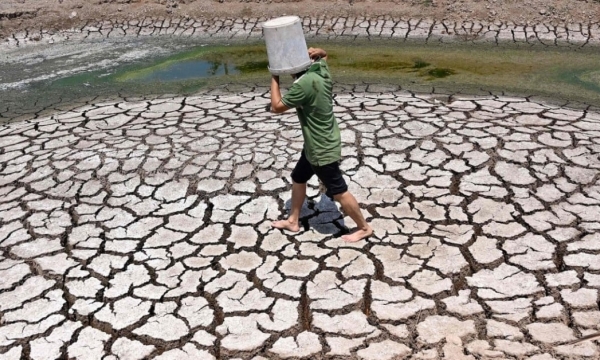
(VAN)Thailand’s heatwave is so punishing that even the pigs on Charawut Puwianwong’s farm are stressed.
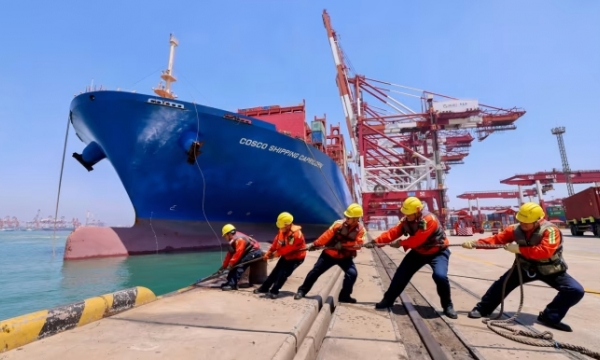
(VAN) Strategic sector should not become a victim of anti-dumping investigations, argues EU commissioner
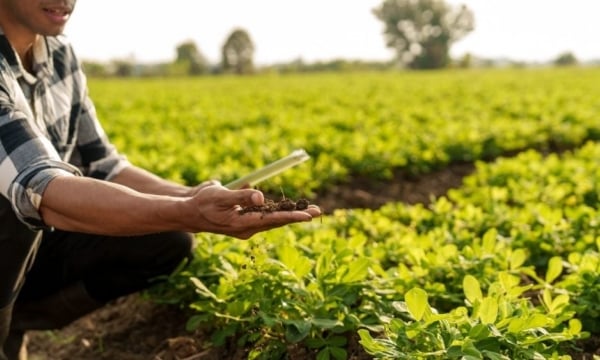
(VAN) ADM’s global regenerative agriculture program surpassed expectations in 2023, and as a result the global agribusiness company is raising its goal for enrolled acres in 2025.
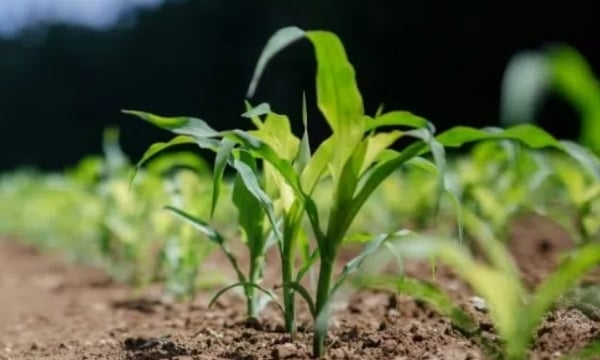
(VAN) Retail fertilizer prices tracked by DTN for the fourth week of April 2024 continued to be slightly higher. Seven of the eight major fertilizers are higher in price compared to a month.
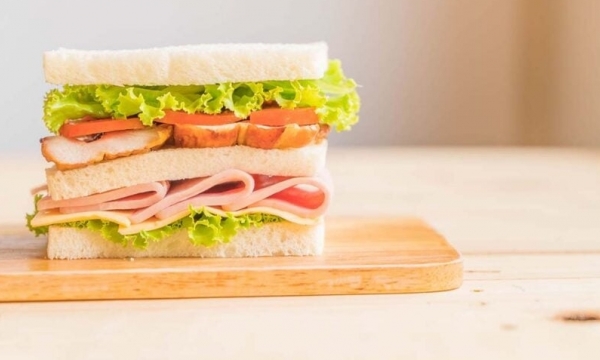
(VAN) Competition over this menu item is serious, with millions of dollars in profits at stake in any given week.
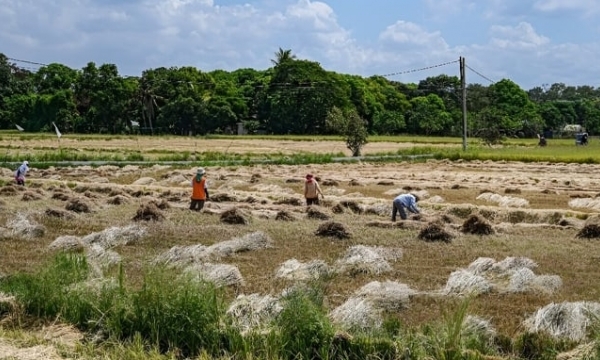
(VAN) A Philippine court has blocked the commercial propagation of genetically modified golden rice because it said conflicting scientific views gave rise to 'severe' health and environmental safety concerns.

(VAN) After more than a decade of discussion, the Food and Drug Administration has published a final rule for certain agricultural water used in the production of produce.